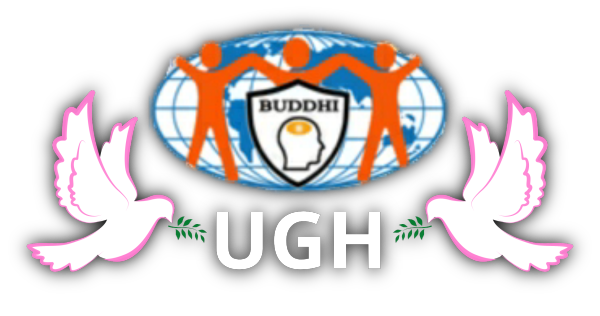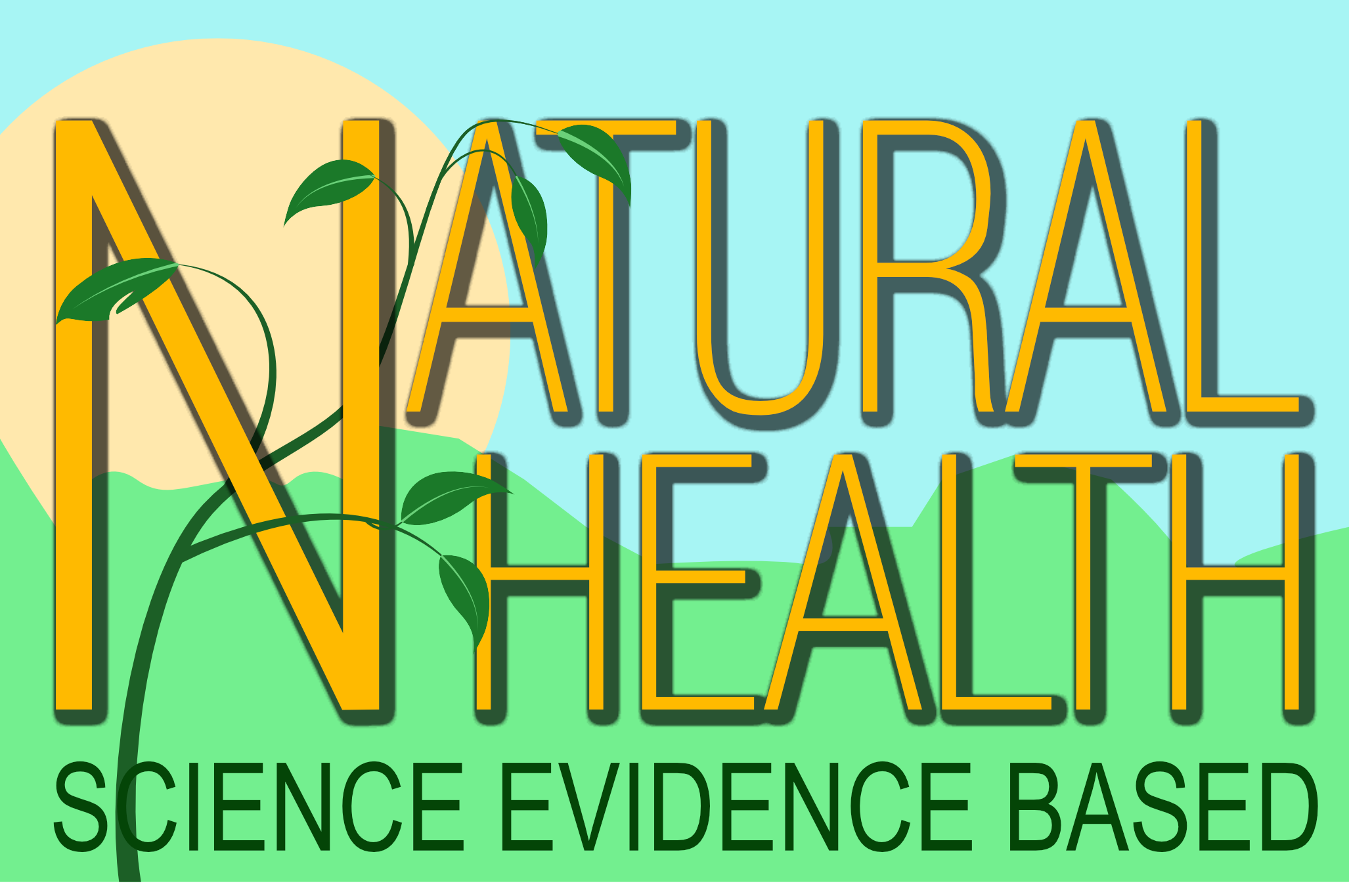Water, our precious resource
Over 70% of our planet is covered with water, so why are 40% of people suffering from water shortage?
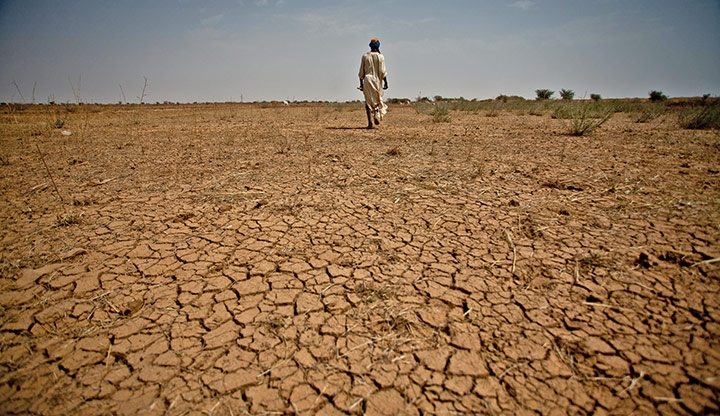
Water shortage - a global crisis
The problem with water is that because we think that there is so much of it, many of us, especially in the more developed countries where useable water is more easily obtained and water infrastructure is properly managed, take it for granted.
However, here are a couple of facts about the Earth's water resource.
FACT:
Only about 3% of the water on earth is useable by humans, and less than 1% of that is readily available, the rest being found in permanent ice or deep within the ground.
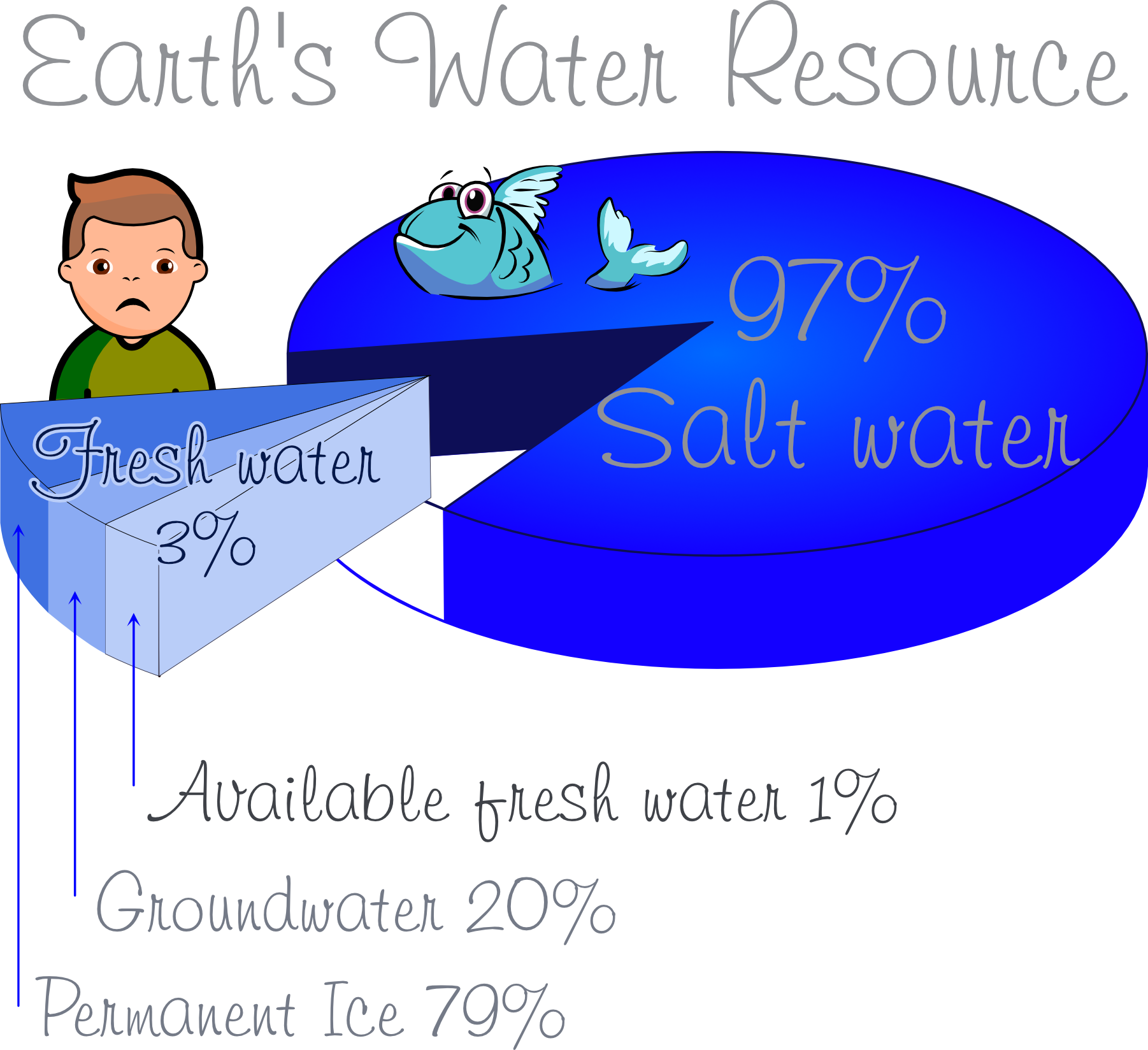
Earth's Water resources - only about 3% useable by humans
FACT:
Some 2.2 billion people around the world do not have safely managed drinking water;
4.2 billion people do not have safely managed sanitation services;
and 3 billion lack basic hand washing facilities.
In this article I want to discuss the benefits of using water wisely and specifically as one of the ways in which everyone can help to save our world and it's peoples by NOT WASTING WATER.
Why should we use water wisely?
Well, here are some reasons:
- 1. Water is an absolute necessity in our daily lives
- We need water to drink: A person may live up to a month without food but would perish in a few days without adequate intake of water; We need water to cook: Water is a mandatory component in cooking food and is required for preparing the majority of dishes around the world. Because water can dissolve many substances, it acts as a carrier of flavour in popular drinks like tea, coffee, or juices; We need water to stay clean: We require water to take baths and stay clean; We need water to clean everything: Water is required to wash almost everything from our utensils to our clothes, our homes, and numerous other things. Without the availability of water, we would not be able to clean the basic things in life.
- 2. Food cannot grow without water
- Water is crucial in growing crops and irrigating systems. Produces such as fruits and vegetables require water to grow.
Imagine if an area is suffering from a drought, how will the food grow? If such a scenario occurs year after year, the ecosystem of the region affected by drought will be destroyed as plants of any kind will not be able to grow - as was seen in the U.S. during the 1930's resulting in the Great Dust Bowl.
A straightforward way of saying it is, without water, the population will inevitably starve to death. - 3. Water protects our ecosystem and wildlife
- One thing we should keep in mind, humans are not the only species on Earth, and all other animals and plants also require water to survive. Water is essential for
wildlife to thrive, but it isn’t just for drinking. For example, amphibians like frogs, newts, and toad use water as shelter and breeding grounds. Butterflies extract
valuable minerals and salts from muddy water, and birds use water for bathing and removing parasites.
Conserving water is a matter of high importance as it is essential to our sustainability. - 4. Save Energy
- Did you know that using water wisely helps to save energy? That's because treating 'waste' water consumes energy, and extracting useable water from seawater takes a great deal of energy. Pumped water often flows many hundreds of miles through open aqueducts and via pipelines. Central facilities are used to pump water; a massive amount of energy is required to run the equipment. Water pumping adds to the price we pay for our water. So, by using water wisely we can save water, use less energy, and save money.
- 5. Using less water means saving more money
- This is very simple to understand: if you use less water, the water company will charge you less money. Ultimately, the saved money goes into your pocket at the end of the month. Take this as an incentive and follow basic water conservation tips to save more than hundreds and thousands of litres of water each year.
- 6. Water is finite
- A significant portion of the population believes that our supply of water is infinite; however, our supply is quite the opposite. This is an essential reason
why water should not be polluted; many do not realize how vital and scarce water is. An astounding 97.5% of the Earth's water is saltwater, only 2.5% of the Earth's fresh
supply of water is locked in glaciers and ice caps, leaving only 0.3% of freshwater which is drinkable and usable to be shared among 7 billion inhabitants.
The human population is rapidly increasing with each passing day, lessening the already limited amount of water on our planet. To pave the way forward for a future of water preservation, we must learn to save what limited resources we have.
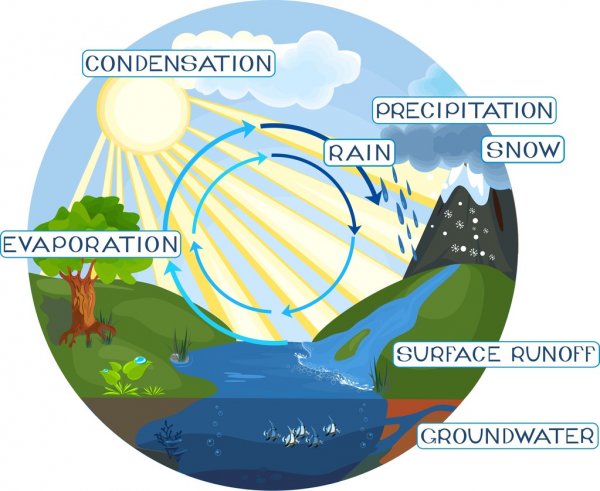
The Hydrologic cycle
Water is a renewable resource. We all know about the water cycle - the Hydrologic cycle, where water on Earth gets circulated and recycled naturally.
So, why is it so important for us to conserve water if it gets naturally recycled? And, why are there places like California, USA that keep on suffering water shortages?
The short answer is because different stages of the water cycle can take a long time to complete. Water can also be located in different areas of the world, at uneven quantities. This means that sometimes, depending on your location, water can be very difficult to access.
However, there are also other reasons why conserving water is important. Read on below to find out more about the water cycle, water shortages, and the critical importance of conserving water.
What is the water cycle?
There is a finite amount of water on Earth.
The amount of water on Earth will always remain the same. But, in the process of the water cycle, water on Earth gets naturally recycled and moved around different parts of the Earth.
Now, since the total amount of water on Earth is always the same, water is a renewable resource. Water sources get replenished by the water cycle, and the Earth will never run out of water.
So, why conserve water if it's a renewable resource?
Water is renewable, and the Earth will never run out of water. However, this doesn't mean that fresh useable water will always be easily accessible.
Here's why:
Different parts of the water cycle can take different amounts of time to complete. Therefore, water cycled by the water cycle process can be sometimes hard to access.
For example, it could take thousands of years for water that is hidden deep underground to cycle and fall back to Earth as precipitation. The same is true for water that is frozen as glaciers.
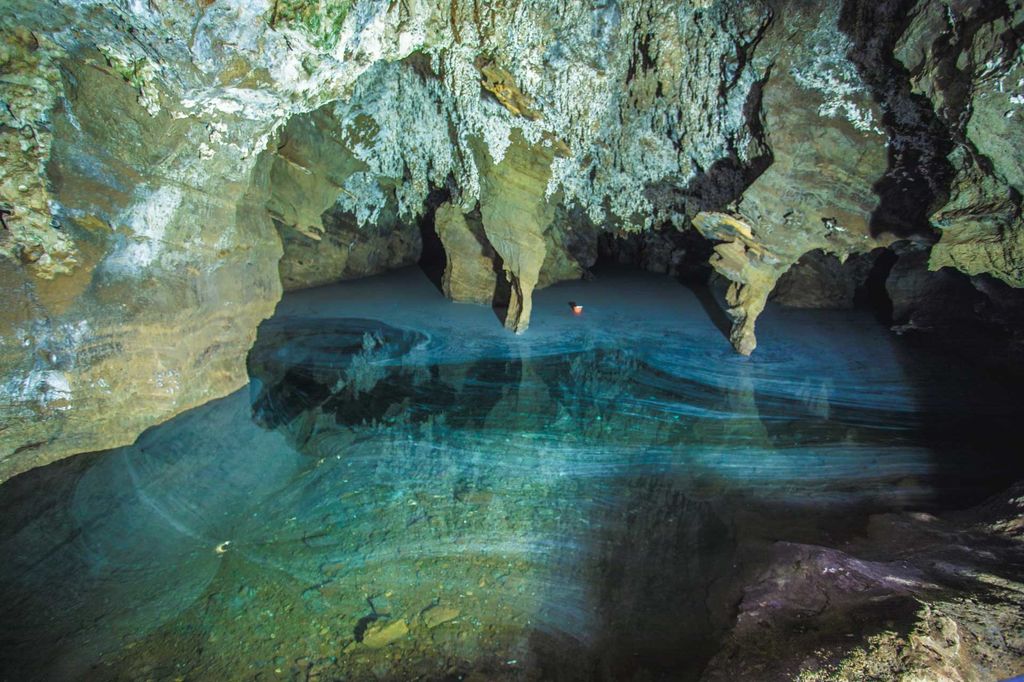
Water in Sterkfonein Caves, South Africa
This all becomes important when we think of our usage of water. Humans mainly use water in the form of freshwater. If freshwater in the water cycle is impossible for us to access, then it can't be used by humans.
For example, water that is frozen in glaciers is very difficult, if not impossible to extract for human use. Likewise, it is very difficult and expensive to extract freshwater from the saltwater ocean.
The location of usable freshwater on Earth also plays a part in the availability of water.
What does this mean?
Take this case for example: An abundance of fresh water in North America won't do much to relieve a water shortage in Africa.
Similarly, rainfall in New York City wouldn't do much to help if there was a water shortage in Las Vegas.
Water is not very portable. Therefore, if water in one area gets used up too quickly, there could be a water shortage.
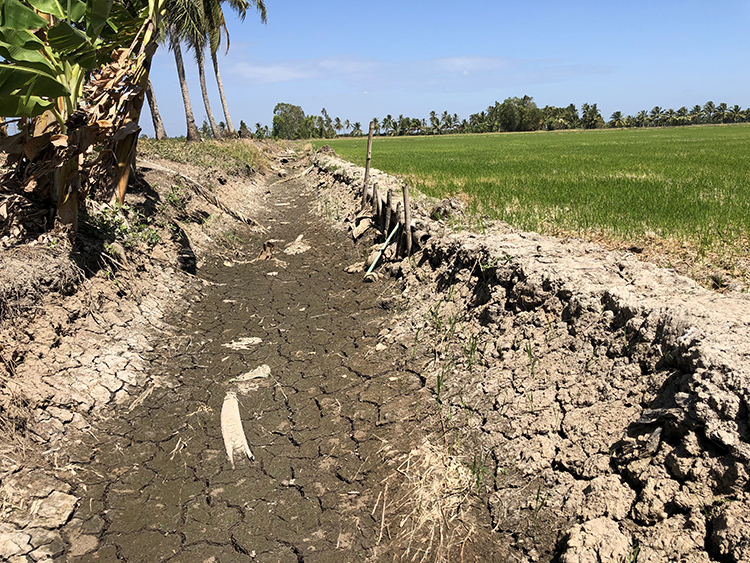
Photo by VnExpress/Huy Phong
A drainage to provide water for a paddy field in Long Phu District of Soc Trang Province in the Mekong Delta runs dry on January 22, 2020.
What's more, the water cycle doesn't always replenish water right away. For example, if an underground water source (aquifer) gets completely drained, it could take thousands of years for it to be refilled again.
So, even though water on the Earth as a whole is renewable, in areas with little precipitation, water becomes nonrenewable at a local level. This is also true for areas that use up water faster than it can be naturally replenished.
This is why it's important to conserve water, especially if you live in an area that is prone to droughts and water shortages.
Should you Conserve Water if you live in a Water-rich Area?
Conserving water is important even if you live in an area with lots of water resources.
Why?
No matter how common a resource is, the supply will deplete if it is used too much (or wasted).
For example, lets say you live somewhere that has a lot of groundwater resources.
We all know that groundwater can take a long time to be replenished by the water cycle. So, what happens when all the groundwater gets pumped out, and used?
Look at the following photo, it shows U.S. Geological Survey scientist Joe Poland indicating the amount by which the land has sunk due to excessive water extraction of groundwater over 52 years. When subterranean aquifers are substantially depleted trees and plants may not be able to get enough water to survive and will die leaving the land arid and parched, domestic wells will run dry leaving no water for human or animal consumption.
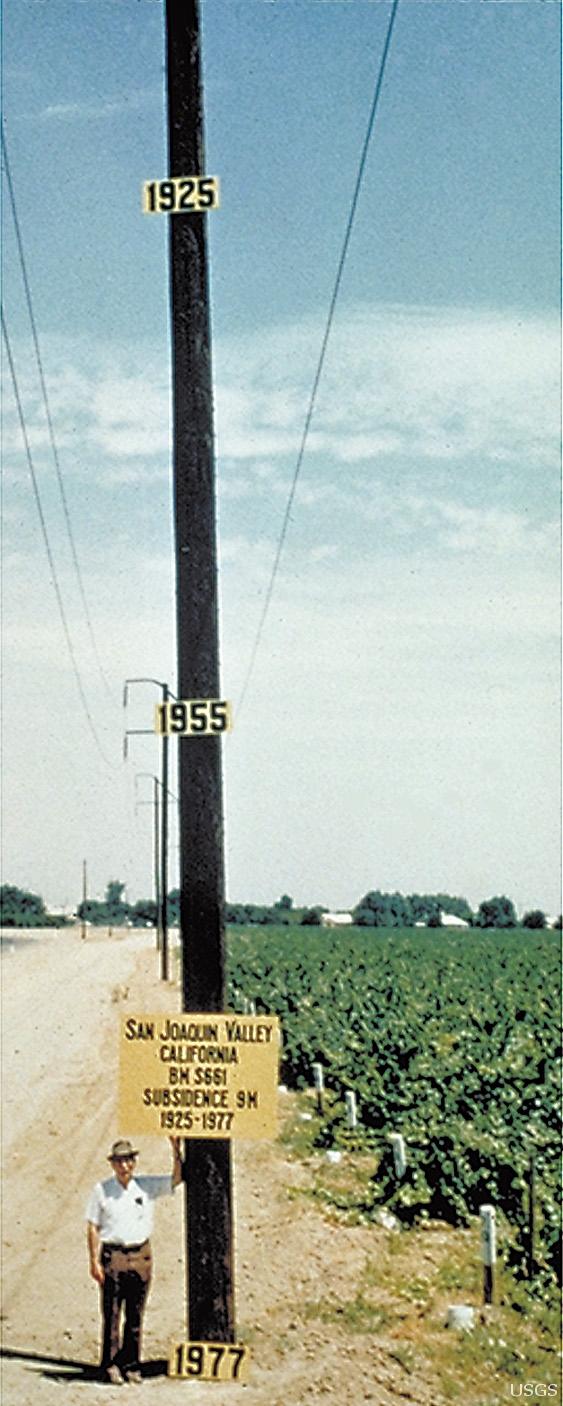
USGS Scientist, Joe Poland, showing effects of groundwater depletion on ground level
Most of the water we use is taken from lakes and rivers, when these are over used or when, for example, their flow is reduced by diversion or damming, they can dry-up leaving whole communities short of water - as has happened as the result of the Chinese dams on the Mekong river.
Water shortage is also often exacerbated by drought conditions because of little or no rainfall for prolonged periods.
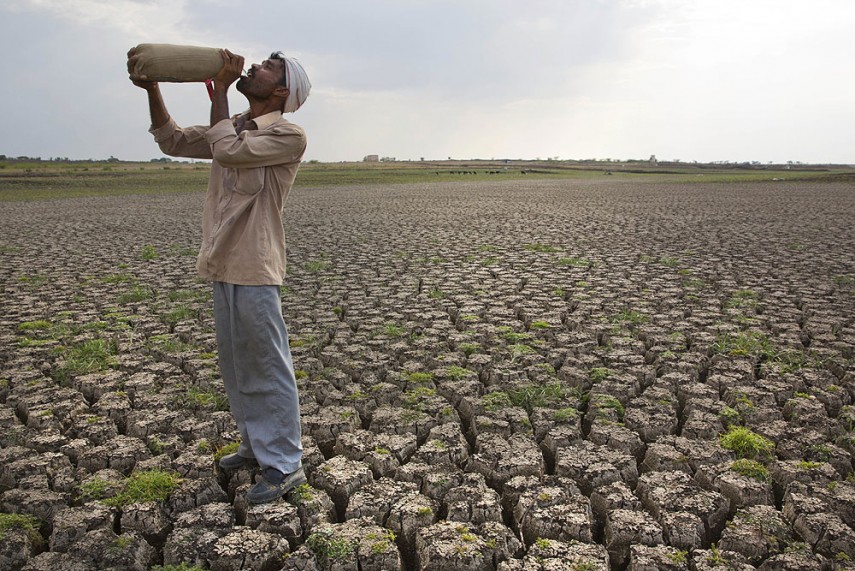
AP Photo/Manish Swarup
In this file photo, a shepherd drinks water on the dry bed of Manjara Dam, which supplies water to Latur in Maharashtra.
However, even when there is an over-abundance of water from rain - as seen during monsoons in the Indian States of Maharashtra and Goa during July, 2021 - the resulting water may not be readily drinkable due to pollution and contamination.
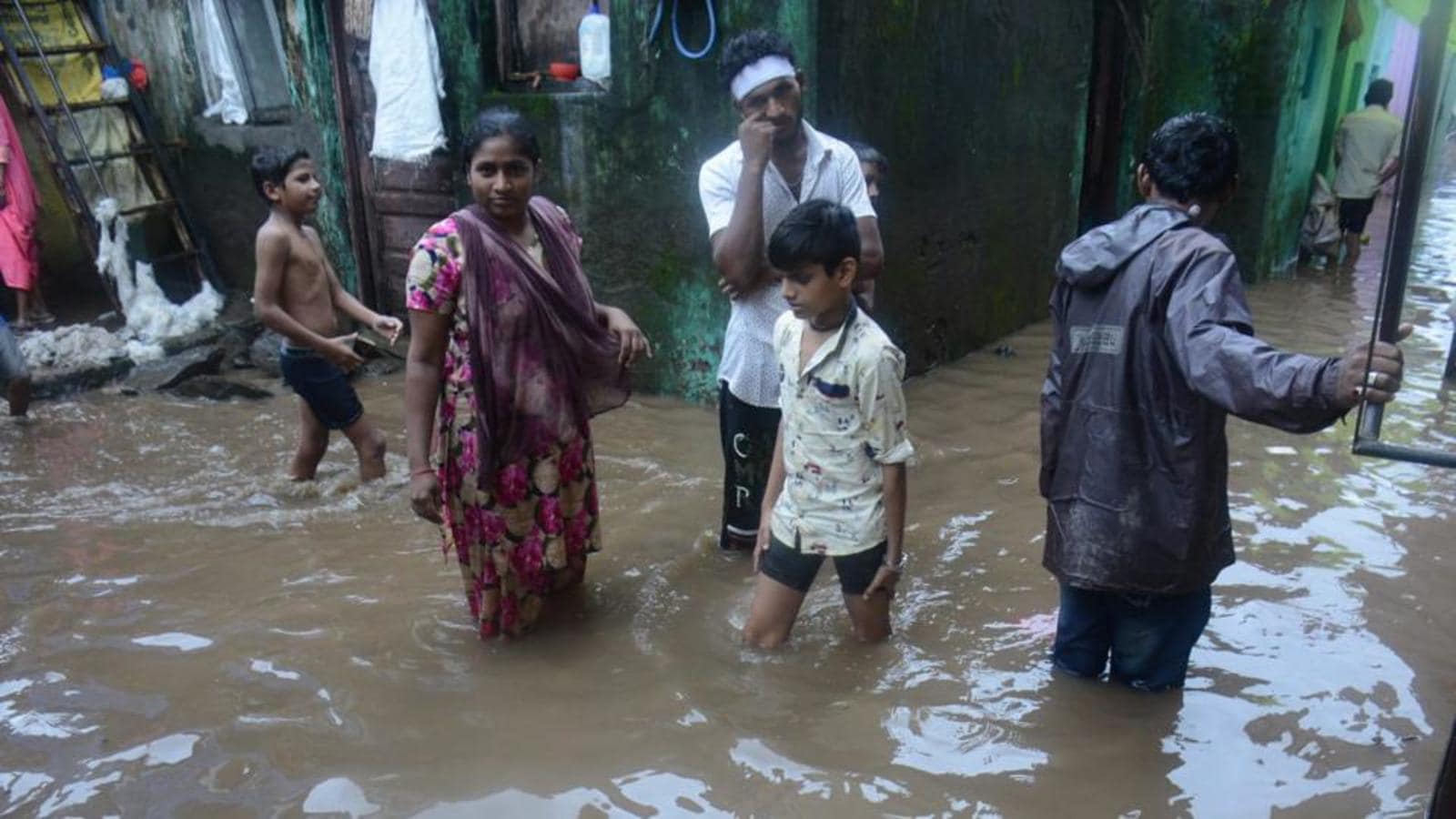
Photo: Hindustan Times
Floods in Maharashtra, India, 2021
As you can see, even if there is an apparent abundance of usable water, we must save the resource anyway.
We don't know what unpredictable events may happen, which could threaten our water supply.
This is especially true when, as lately due to climate change, there has been an increase in freak weather events. An unexpected dry spell could soon arrive in your area, which could contribute to a drought.
How do we waste water?
The fresh water we rely on to sustain our bodies, and the way we live, is mainly drawn from lakes, rivers and accessible ground water; it is continually recycled by the natural process the Hydrologic cycle (the continuous movement of water as it makes a circuit from the oceans to the atmosphere to the Earth and on again), this process can take an extremely long time.
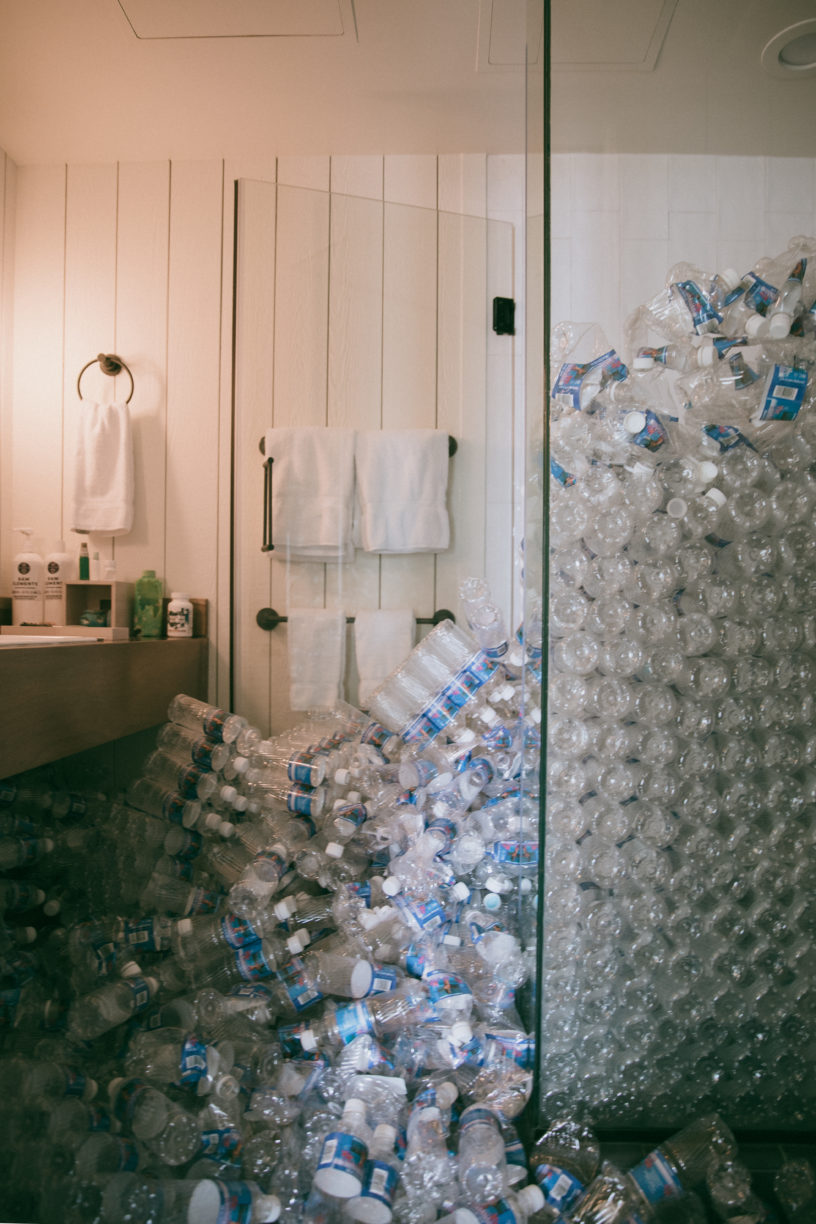
It's estimated that the average American uses about 575 litres of water each day, while the average European uses around 250 litres of water each day.
To give you a visual image of that: I want you to imagine one room of your home filled with 575 one litre water bottles.
That suddenly seems like a lot of water, doesn't it?
In comparison, people in developing countries have about 19 litres to use every day – assuming they have anything at all.
Globally the agricultural sector is responsible for 70% of global freshwater withdrawals and 90% of consumptive water uses (Shiklomanov, 2009; Döll, 2009; Hoekstra & Mekonnen, 2011).
It is estimated that globally, the industrial sector accounts for about 20% of water usage, while households only account for 8% (World Water Council, 2000; Worldometers, 2019).
Water lost from Wasted Food
Food waste also means wasting valuable resources such as water. Each year, more than 66 trillion gallons of water go toward producing food that is wasted (WWF, 2019). This means that the global water footprint of food waste is higher than that of any country (FAO, 2013).
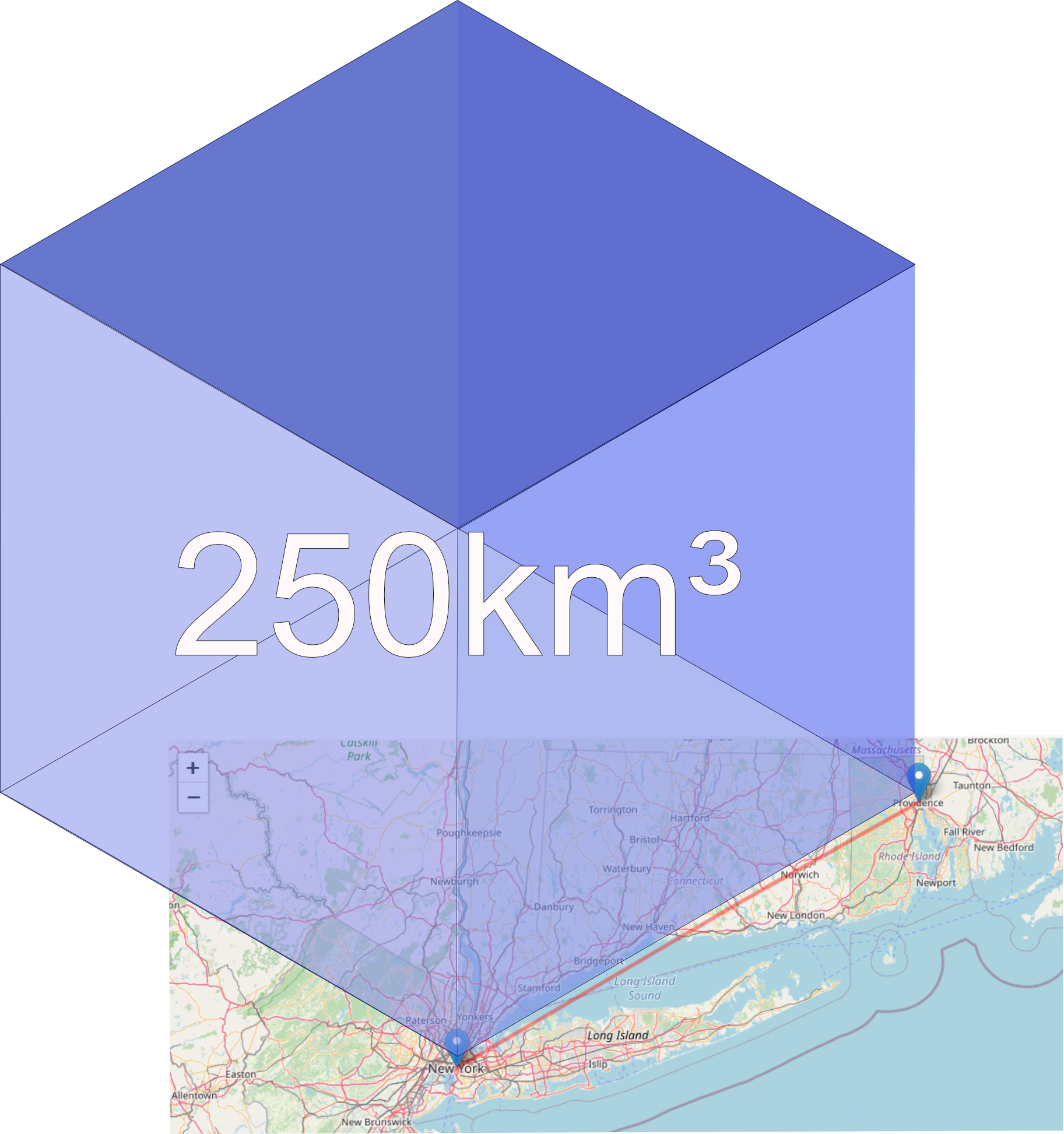
Water wasted from food waste, equivalent to a cube with each side the distance from New York City, NY to Providence, Rhode Island, RI
Today, food waste accounts for a quarter of our water use for irrigation - equivalent to the worldwide water withdrawal by the industrial sector (SIWI, 2012). Globally, this is equivalent to an area of 250 km3 of water (FoodIsForEating, 2019; FAO 2013) and represents:
- The annual water discharge of the Volga river
- Three times the volume of Lake Geneva
- 100 million Olympic sized swimming pools
- New York's domestic water needs for the next 120 years
"It is estimated that we 'eat' 3496 liters of water each day - invisible and hidden in our food"
TheWaterWeEat, 2019
The food system needs water to plant, irrigate, wash and even cool food. Additionally for meat and dairy production, animals need to drink vast amounts of water to survive. Different produce uses different amounts of water (WFN, 2019), but here are some examples for you to put things into context:
Banana: Throwing away 1kg of bananas is the same as letting a shower run for 84 minutes. For a single banana, we therefore waste enough water to take a shower for 10 minutes (SaveTheFood, 2019)
Apple: Throwing away an apple uses as much as water flushing 7 toilets (SIWI, 2012)
Burger: Throwing away one burger wastes the same amount of water as a 90 minutes shower (Oz Harvest, 2019) while the production of one burger uses as much water as hundred days worth of showers or 16 bath tubs filled with water (SIWI, 2012)
Milk: One litre of milk wastes 1000 litres of water needed for the cow and the feed it consumes (SIWI, 2012; SimplyLiveConsciously, 2019)
Did you know that 15,400 litres of water are needed to produce 1 kg of beef?
Livestock production accounts for over 8% of global freshwater use. A cow is born and is then slaughtered roughly three years later. In its lifetime, it will eat roughly 1300kg of grains and 7200 roughages such as pasture or dry hay, that add up over 3 million liters of water to irrigate. Now add the 24,000 liters that the cow needs to drink and the 7000 liters needed to operate the farmhouse and slaughterhouse.
For 200 kilos of boneless beef, we will need 3,091,000 liters of water. So 1kg, we will need roughly 15,400 liters (SIWI, 2008; TheWaterWeEat, 2019). This is how much an average domestic household uses over a 10 month period (roughly 50 litres/person/day).
Water loss from other causes
Leaking supply pipes - It is estimated that more water is 'lost' before it actually reaches people than is consumed by them. In England and Wales for example, it is estimated that just under 3 billion litres (660 million gallons) of water is lost to leaks every day - equivalent to 1,180 Olympic swimming pools; whist the U.S. is estimated to lose around 20 to 50% to supply leakage.
Down the drain - One of the most common ways in which people waste water is by leaving the water running when brushing their teeth, shaving or doing the dishes. Turn the tap off as soon as you start brushing, shaving or doing the dishes. For washing the dishes, fill one sink with clean rinse water and one with soapy water. For rinsing your mouth, simply keep a glass of water at hand instead of drinking directly from the tap.
Flush wisely - Your toilet could be flushing away up to five gallons of water every time you flush. People tend to flush every time the toilet is used, which can waste hundreds of gallons a week. If it's just urine, flush every two or three times to save water.
Washing the car - Using a hose to wash the car can use up gallons of water. If you leave the hose running, you can end up wasting almost 150 gallons of water. However, if you use a simple bucket and sponge to scrub the car, it will not just get your car clean, but will also give you some good exercise while saving water.
Long showers - Did you know that taking long showers wastes five to 10 gallons of water? You can either invest in a low-flow shower head, aim for quick showers or simply bathe using a bucket and pail. A water-efficient shower head can help save nearly 750 gallons of water a month.
Leaky taps (faucets) and toilets - Leaky tank valves draining water into the toilet waste up to 1,000 gallons of water a month. One of the most common culprits of water wastage at home is the leaky faucet and toilet. It may seem insignificant but the little drips can actually add up. A constantly leaking toilet can waste up to 22 gallons of water every day which adds up 8,000 gallons of water in a year. If you notice a leaky pipe, faucet, or toilet, get it fixed immediately.
Wasting water in the kitchen - The kitchen uses a lot of water and there are plenty of ways in which one may unknowingly waste it. Washing fruits and vegetables in running water will not get them any cleaner than washing them in a pan filled with water. If you feel better only when you wash fruits and vegetables under running water, then at least collect that water and use it to water potted plants. Cooking also uses a lot of water, especially when you boil or steam vegetables. Reuse that water when making a curry or a soup. You’ll get valuable nutrients while saving water as well.
Does 'wasting' water remove it from the water cycle?
No, wasting water does not ultimately remove that water from the global water cycle, but it does remove it from the portion of the water cycle that is readily accessible and usable by humans. Also, 'wasting' water wastes the energy and resources that were used to process and deliver the water.
Most 'waste' water from domestic and industrial use is returned to rivers where it is used again, or directly into the oceans.
Where waste water is managed effectively, waste water is treated to remove contaminants and harmful bacteria before release into the environment.
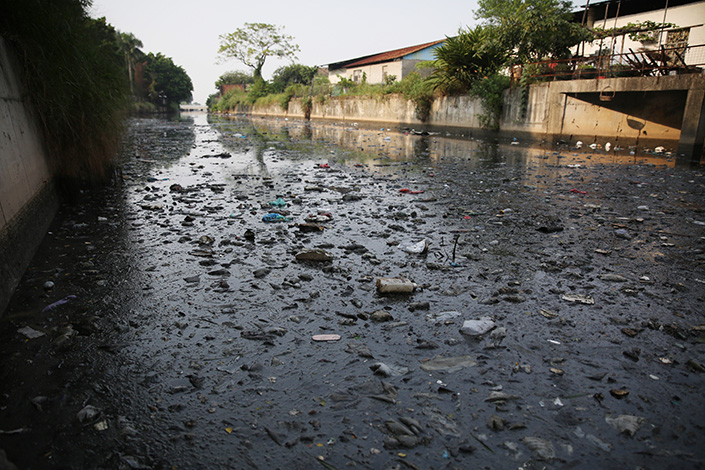
Photo: Visual China
Hundreds of thousands of tons of raw sewage are dumped into waterways every day in Guangdong province, government inspectors have found. Polluted water flows through Zhongshan, Guangdong, in October 2015.
Waste water treatment before return to the environment is not always carried out because it is expensive. Even in economically rich countries contaminated water is often
illegally dumped into rivers and other natural waterways, and many poorer economies fail to effectively treat domestic and industrial waste before return to the rivers and oceans.
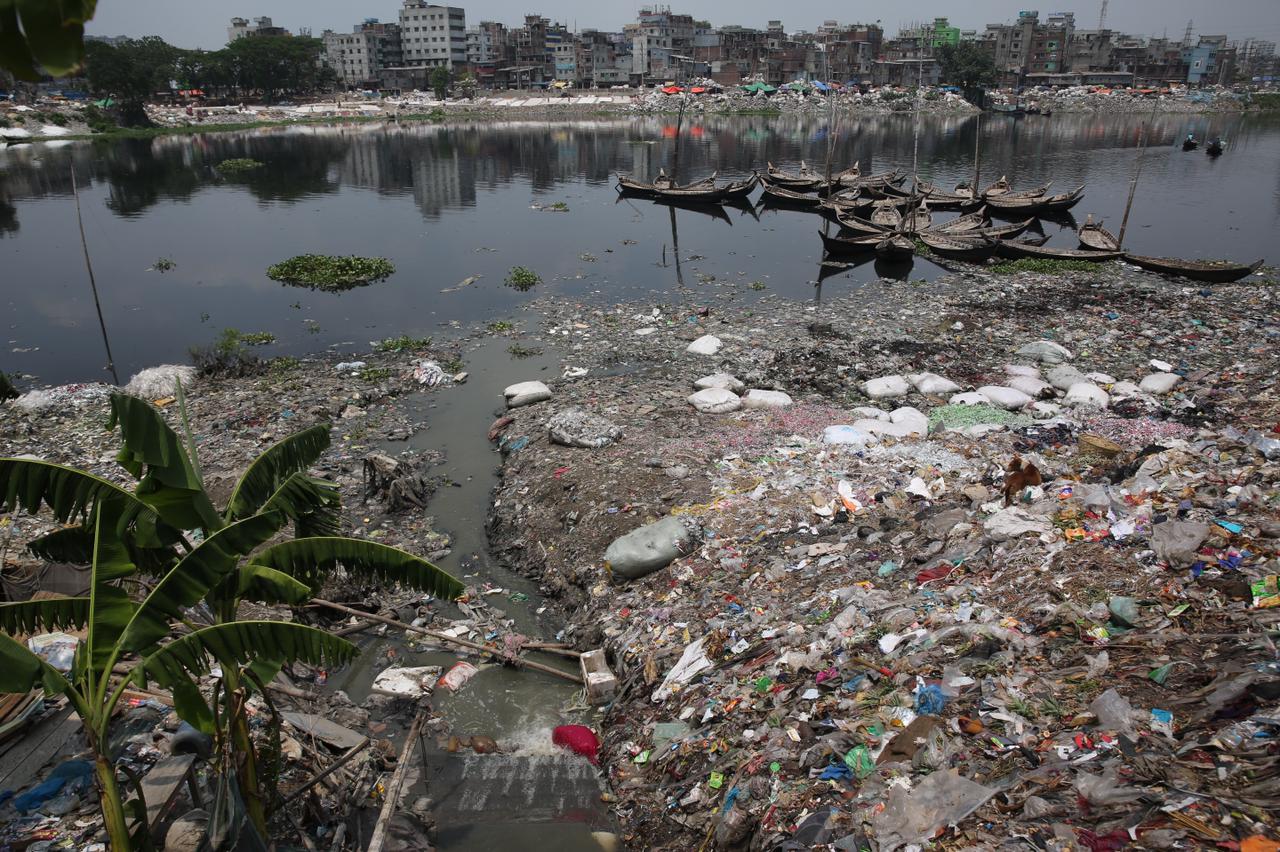
Photo: Syed Zakir Hossain/Dhaka Tribune
The once mighty Buriganga River, which flows by Dhaka, is now one of the most polluted rivers in Bangladesh because of rampant dumping of industrial and human waste
All this 'dumping' of waste water that often includes raw sewage, means that polluted and harmful water will be used by many people, causing disease and illness in poorer communities.
Conclusion
"The human right to water entitles everyone to sufficient, safe, acceptable, physically accessible and affordable water for personal and domestic uses."
At UGH we believe that it is a basic human right for everyone to have access to clean fresh water.
The UN Committee on Economic, Social and Cultural Rights states, "The human right to water entitles everyone to
sufficient, safe, acceptable, physically accessible and affordable water for personal and domestic uses.
An adequate amount of safe water is necessary to prevent death from dehydration, reduce the risk of water-related disease and provide for consumption, cooking, personal
and domestic hygienic requirements".
Whist in most developed countries water infrastructure and availability is good, there are many parts of the world where this is not the case and many people struggle on a daily basis to get access to any kind of water. This is exacerbated by poor water management, drought, and the effects of climate change.
It is a sad fact is that whilst about 40% of the world's population are in the midst of a water shortage crisis, in other parts of the world huge amounts of this precious resource are being used, and wasted, on a daily basis.
At UGH we earnestly urge all people to use our precious water resource wisely and not to waste water.
Think about how YOU use water and do your bit to save as much as you can
References
The Guardian: How much water is needed to produce food and how much do we waste?
toogoodtogo.org: The Water Crisis
